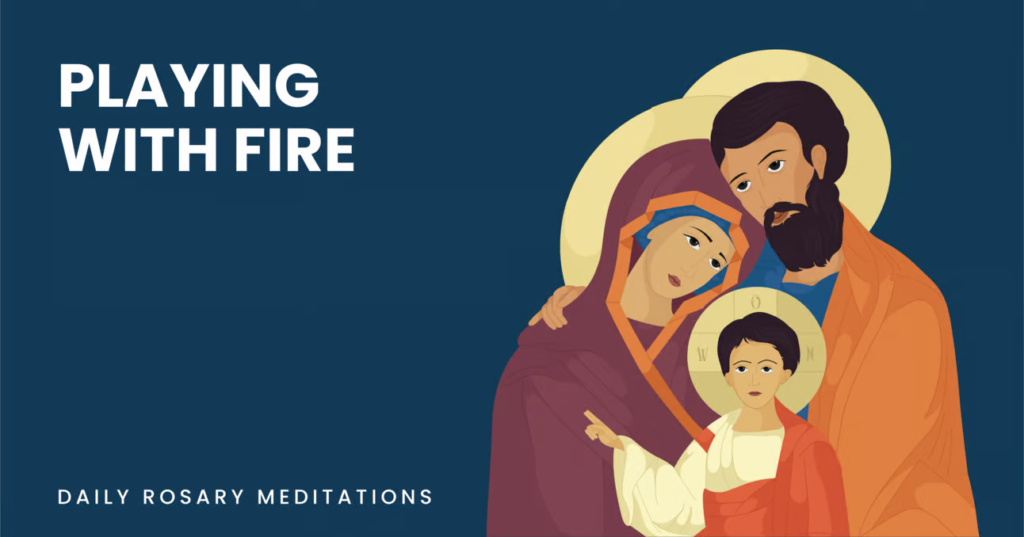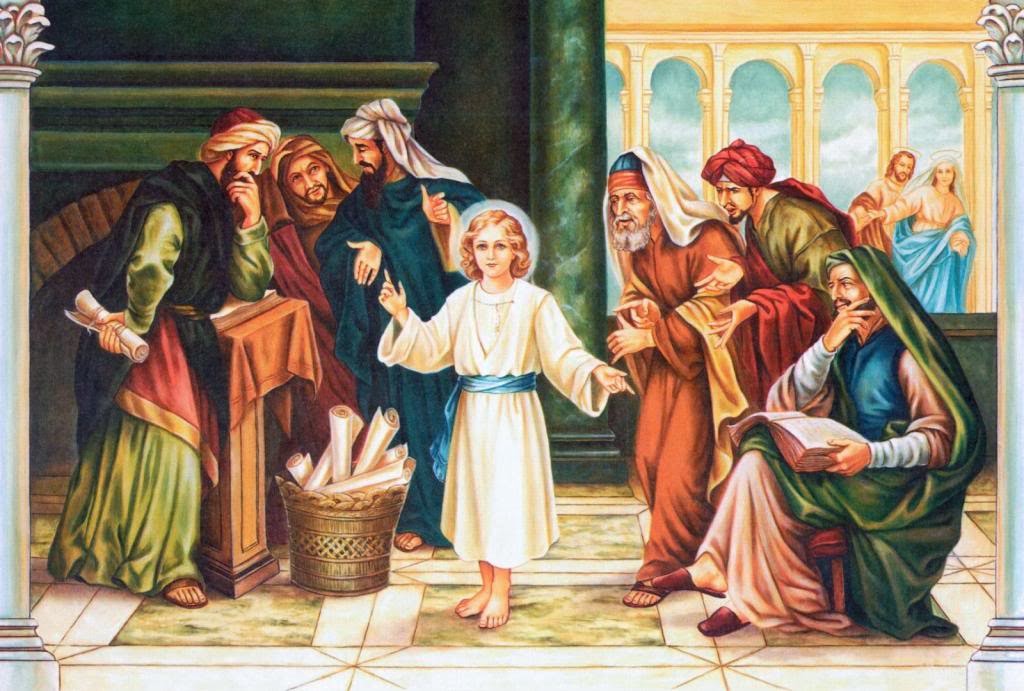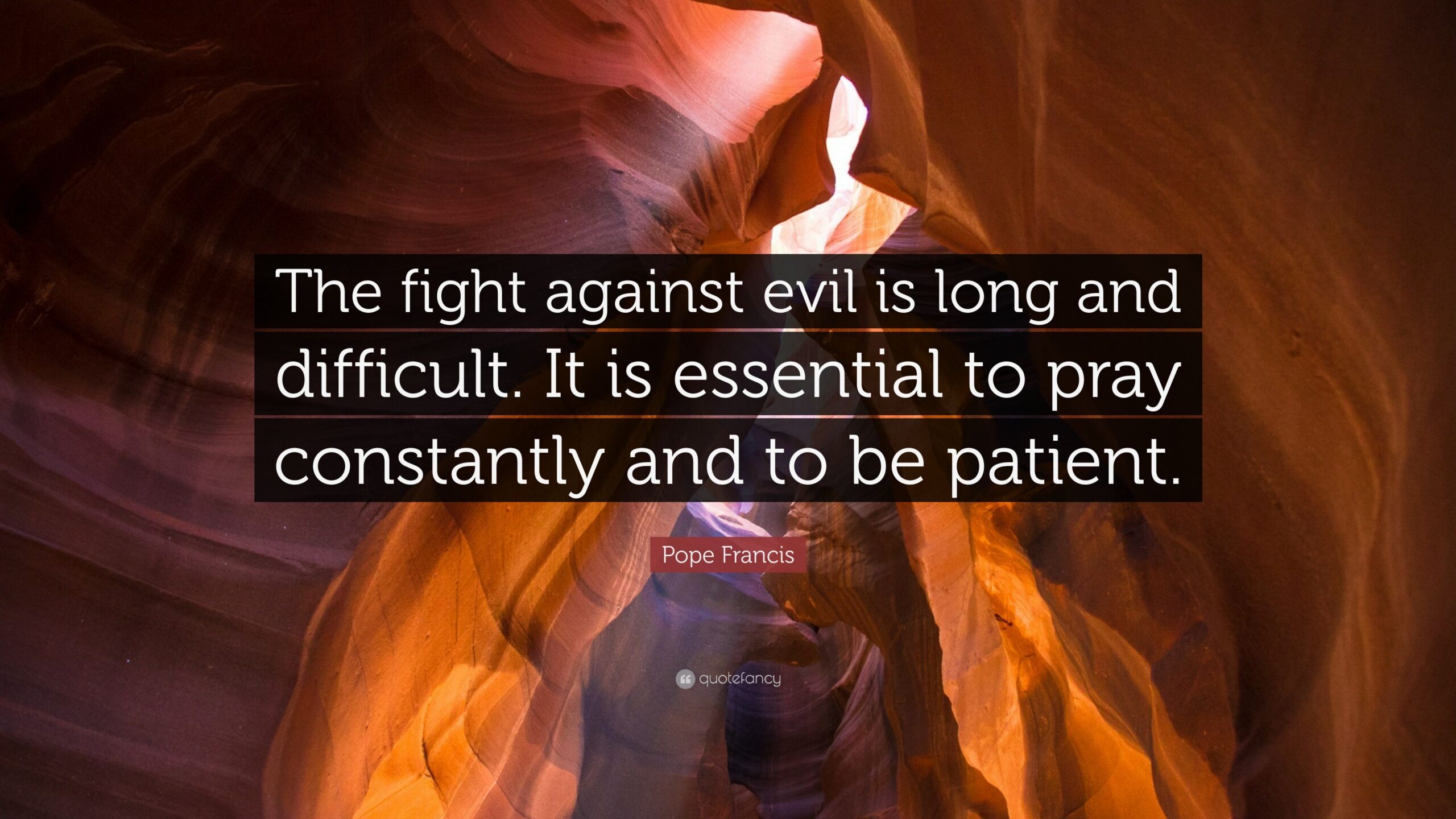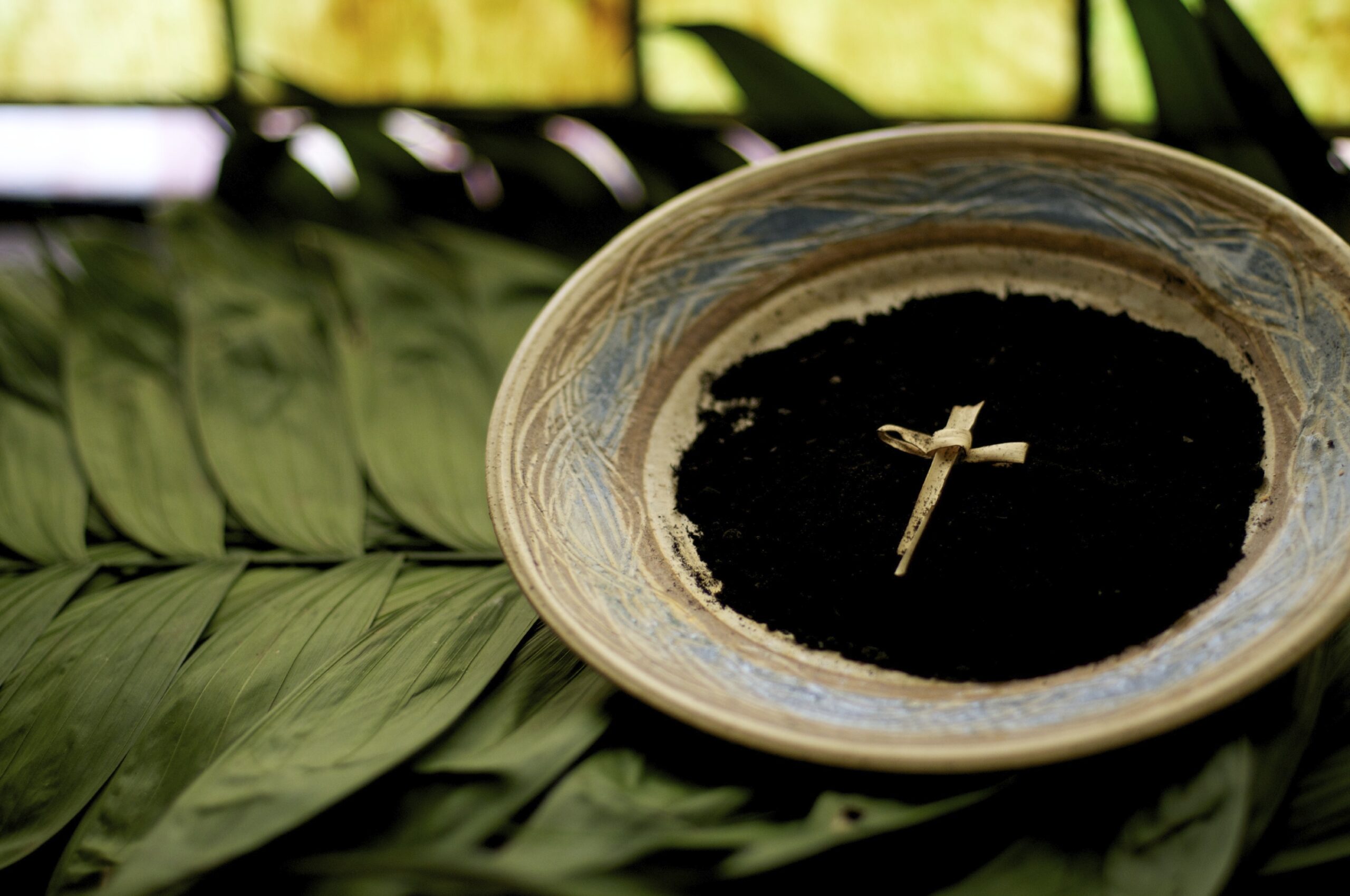On Good Friday my parish meditates on the last words of Jesus before he died on the cross. There are seven phrases that Jesus proclaimed from the cross. What happens is that a parishioner presents a meditation on each phrase. This year, I’m leading the meditation on “It is finished” (John 19:30). Here it is below. I hope you all have a powerful Triduem and a joyful Easter!
The phrase, “it is finished,” is so short and yet profound. It marks the conclusion of Jesus’ earthly ministry. Jesus did not end with a lengthy testimonial or a summary of all that he accomplished or making sure that people understood his teachings. To those standing at the foot of the cross, these words may have sounded like words of defeat. That despite his best efforts, the pharases and Romans had won in ridding the world of someone they considered a nuisance.
Instead, Jesus’ words highlight the comfort and peace that comes from doing God’s Will. By earthly accounts, Jesus did not have much to show for his life. He made plenty of enemies, was betrayed and abandoned by his closest friends, and died on the cross. And yet, he found comfort and peace knowing that he did what God asked of him. His mission was not to reach a certain number of conversions, healings, and miracles. His ministry was not about keeping score. It was simply doing God’s Will. It was about giving all he had in service to God.
We too may sometimes feel like we don’t have much to show for all our efforts. Each day may feel the same – wake up, work, relax, repeat. Maybe we have difficulties with our health, family, job, or other situations that make us think, “Why me?” Or, where’s my reward that’s due to me? But we need to look at Jesus on the cross. Did he complain about how unfairly he was treated? Or did he regret how much more he could have done if given more time? After all, there were so many more people he could have reached out to and healed and converted. But no, he had done all that God asked of him and he knew that his mission was finished.
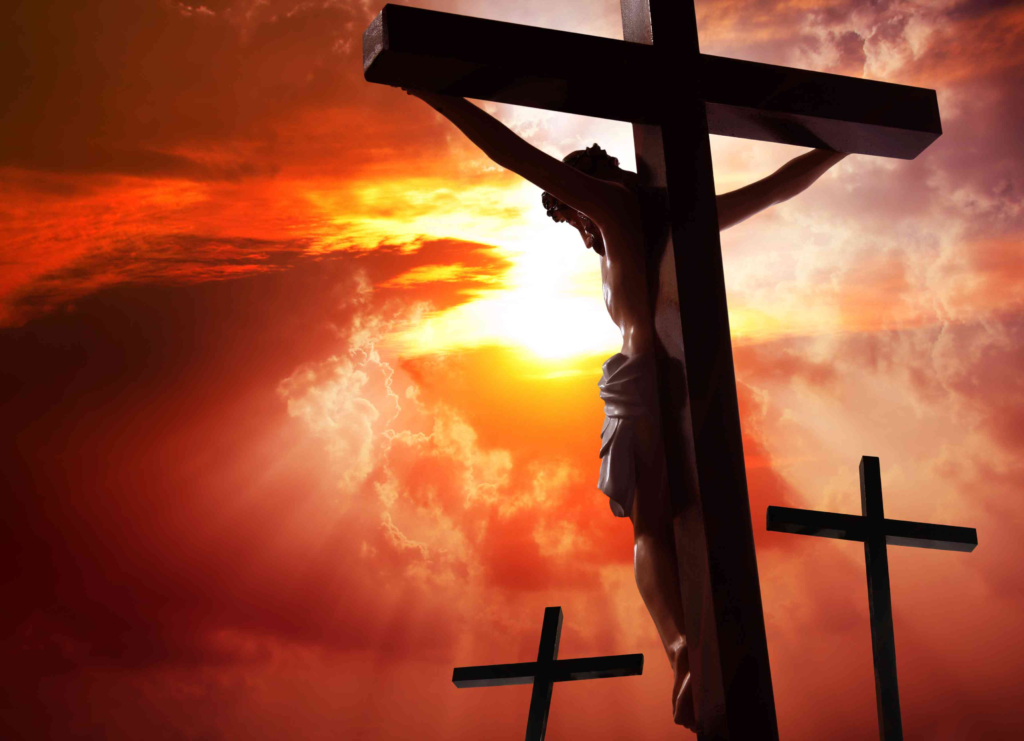
We too need to look at our lives and ask how much of it is given to God and how much of it is given to our wants and desires. Can we say, “It is finished” with the same amount of peace as Jesus knowing that we faithfully served God and his Church? Or are we holding something back? Are we clinging too tightly to our concerns, doubts, and fears as we fight against what God wants of us? Are we afraid that if we open ourselves to God’s Will, he will lead us to places we don’t want to go?
When I look around at the world today, I see so much anxiety, depression, and unhappiness. I think much of that has to do with a lack of meaningful purpose. We can get so caught up in the day-to-day responsibilities that we don’t make time for that higher calling. In my own life, when I’m feeling overwhelmed or unaccomplished I need to ask myself, “Am I doing God’s Will or trying to fulfill a list of worldly accomplishments?” Am I too focused on the day-to-day of work, my kids, my family, or my hobbies that I’m not listening to God and what he wants of me?
Doing God’s Will isn’t easy. No one will say that Jesus led an easy life or a peaceful death. But he could triumphantly proclaim that his earthly life had reached a satisfying conclusion having done God’s Will. We tend to make our lives so complicated and we suffer as a result. Maybe now is a good time to reduce and simplify and ask, “I am doing God’s Will? Am I placing this day, my fears, my anxieties, and my insecurities into God’s hands?” Because that’s the only way we will find that peace that Jesus had on the cross. It’s the only way we will hear, “‘Well done, good and faithful servant! Enter into the joy of your master!”

